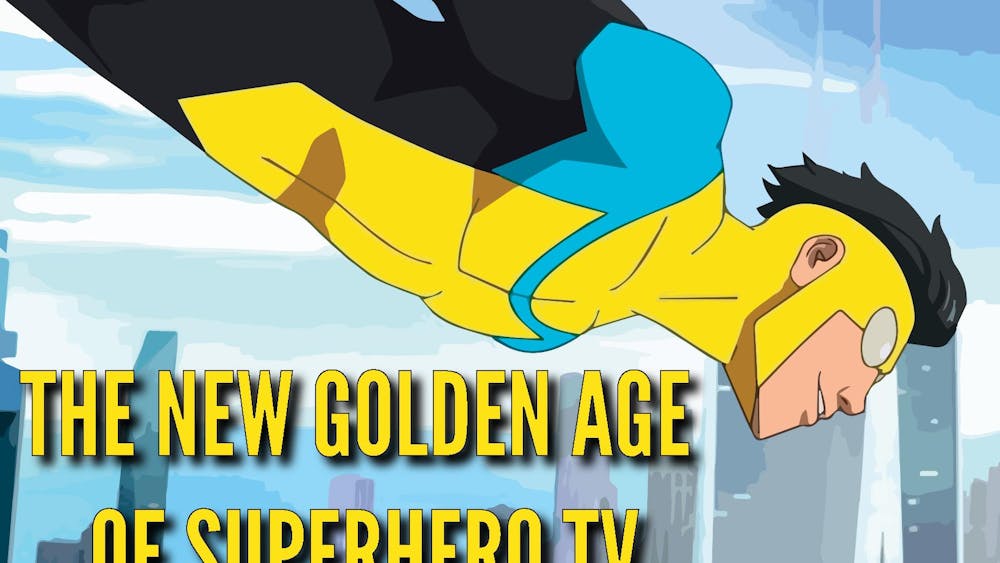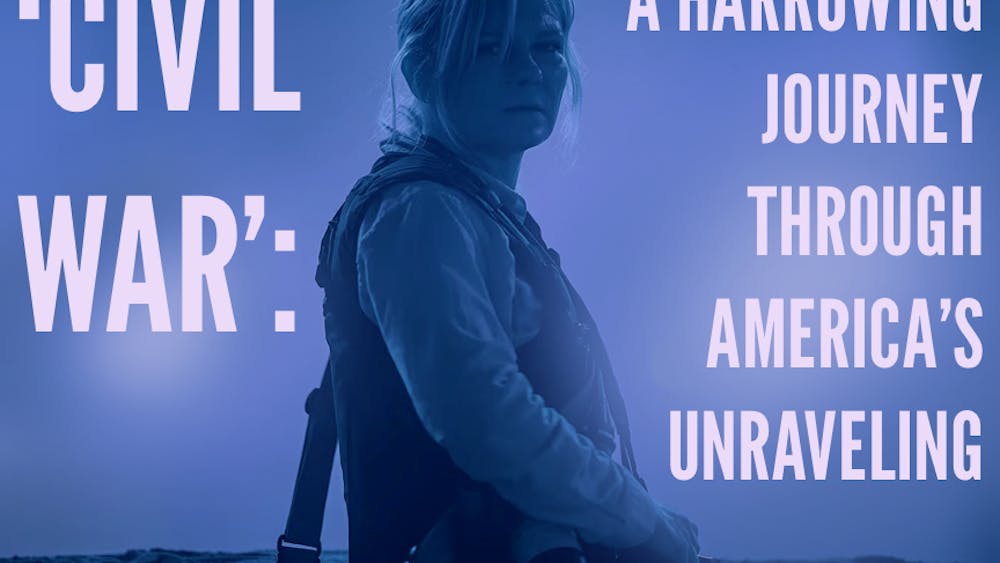Admittedly, I found myself a watcher of pandemic escapism shows and movies, the most prominent example being “Emily in Paris.” Watching “The Tsuagua Diaries” illustrated just how a director can draw inspiration from something so unprecedented — the pandemic — and use it to create a masterpiece.
The movie beautifully explores Portuguese culture. The cinematography gives us a peek into the luscious landscape of the Portuguese countryside, from gorgeous garden scenery to consistent shots of over-ripe fruit. The soundscape was rich with 70s hits and the vibrant and musical Portuguese tongue. I found myself peeking into a culture that I hadn't seen before for an hour and 42 minutes. Watching films outside of one's culture allows us to see past the stereotypes that have been given to them.

The film simultaneously provides insight into Portuguese culture and rejects the format of standard American box-office movies. Our films follow a predictable formula, created by executives who cater to our interests. As a result, American cinematography is less than stellar in most cases. The quality of the film suffers.
“The Tsugua Diaries” showed that there are still movie-makers that focus on capturing a story rather than curating it to a mass market. This film is a breath of fresh air in contrast to what we are seeing in the mass market. They created a universe of a movie inside a movie that showed the reality of endemic era filming. The premise was Carloto (Carloto Cotta) decides to go surfing and unintentionally puts the production at risk.
It leads to the decision to construct a house for butterflies. The construction of the butterfly house is how the tensions between characters to come through. The behavior of Carloto is criticized throughout the movie arguably because of the choice he made.
One of the highlights of this on-screen dynamic is surprisingly humorous. Carloto is the flirting in the garden when his co-worker rudely interrupts him and calls him out for wearing socks. The two debate over the clear value of the socks with Carloto writing them off as not a big deal. This is hardly one of the first moments to come to mind when I think about humorous moments. The masterful use of little quips that almost fly over your head is something exceptionally well-done in this movie.
The last scene also provides an exceptional flashback to when they arrived on set and the discussion of the COVID protocols. The supervisor is wearing an N-95 mask and face shield but is wearing an outfit that looks like a garbage collector uniform. He gets into a heated argument over organizing breakfast for the crew. Someone failed to request the milk he wanted for breakfast. He questions everyone else and says that no one answered the email required for the order. It is revealed that everyone else responded except him. This scene deals with the realities of pandemic-era struggles but does so in a light-hearted way.
The highlight of the film was the fact that the characters went by their real names. The fact that the actors weren't playing characters heightens the sense of realism and connection between the audience and the actors. The behind-the-scenes moments also added a layer of authenticity.

The spirit of Maureen Fazendeiro, writer of “The Tsugua Diaries,” was clearly shown in the film. We saw the inner workings of film production rather than the unreal depictions that are the norm in modern cinema. “The Tsugua Diaries” instills a feeling of love and admiration for the films that lean into real culture.
Title: “The Tsugua Diaries”
Starring: Crista Alfaiate, Carloto Cotta, Joao Nunes Monteiro
Directors: Maureen Fazendeiro, Miguel Gomes
If you like: “La Strada”
Shamrocks: 5 out of 5
Contact Rose at randrowich01@saintmarys.edu












